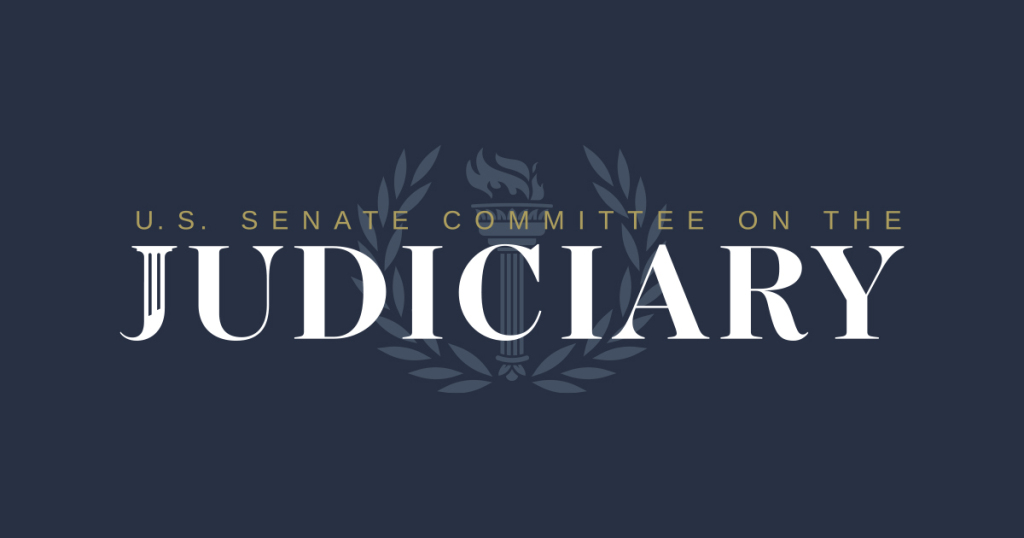
NCMEC’s policy and legislative advocacy is shaped and continues to evolve based on decades of experience handling cases and reports relating to missing and exploited children, data insights from these cases, and input from survivor and lived experience consultants. Stakeholders in the online child protection space routinely look to NCMEC for its perspective on various policy issues.
Through the Global Platform for Child Exploitation Policy, NCMEC is making available its own policy and legislative advocacy to explain its positions on various issues and inform the advocacy efforts of others.
Legislative bodies, regulatory agencies, and international organizations occasionally invite NCMEC to share its perspective on various issues, including those related to online child sexual exploitation. NCMEC’s testimony and guidance offered in response to these invitations are available here.



The brief articles available here introduce various policy issues and NCMEC’s position, each informed by survivor consultants’ perspectives. These statements are high-level and do not address specific legislative proposals. Instead, they advocate for general principles relevant to the identified issues. Statements about additional policy issues will be added over time.
Leave FeedbackContinue Reading
Continue Reading
Continue Reading
Continue Reading
Continue Reading
Continue Reading
Continue Reading
Continue Reading
Continue Reading
Continue Reading
Continue Reading
Continue Reading
Continue Reading
Continue Reading
Continue Reading
Continue Reading
Continue Reading
Continue Reading
Continue Reading